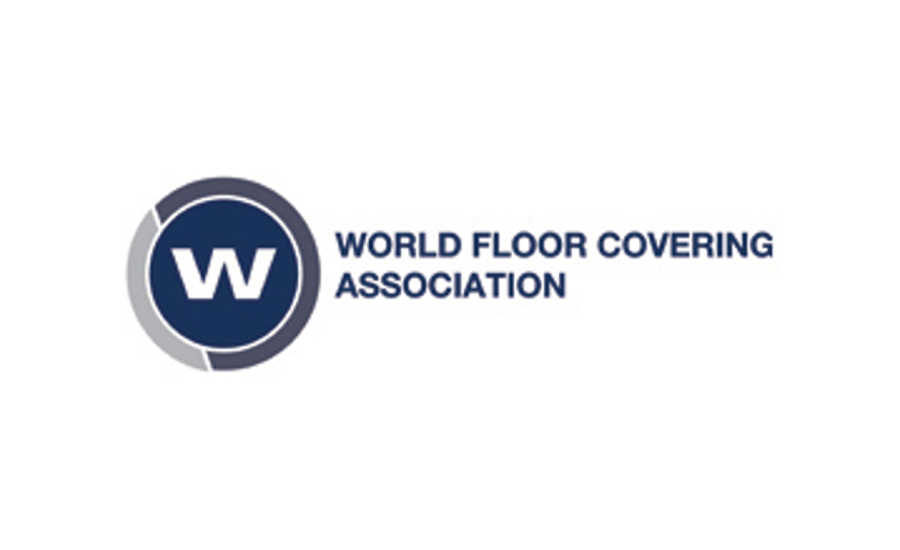With so many flooring retailers and contractors seeking immediate relief as they deal with lost business due to the COVID-19 outbreak, the first line of defense usually entails filing insurance claims. But that can be tricky because of stipulations as to the cause of a business interruption and the specific insurance cover a particular retailer carries. One potential workaround, experts say, is leveraging civil-authority-mandated “shelter-in-place” orders, which could trigger a policy claim if it is deemed that such action results in the interruption of a business.
 The World Floor Covering Association (WFCA) is working to help members navigate these issues. Increasingly, there are reports that some insurance carriers are disputing these claims based on exemptions instituted following previous epidemics. In recent years, particularly in the aftermath of the SARS epidemic, many insurers added specific exclusions for bacterial or viral infections to their coverage.
The World Floor Covering Association (WFCA) is working to help members navigate these issues. Increasingly, there are reports that some insurance carriers are disputing these claims based on exemptions instituted following previous epidemics. In recent years, particularly in the aftermath of the SARS epidemic, many insurers added specific exclusions for bacterial or viral infections to their coverage.
Business interruption insurance is typically purchased as part of a company’s commercial property insurance policy, but can be a stand-alone policy. In many commercial property insurance policies, business interruption coverage is triggered when the policyholder sustains “direct physical loss of or damage to” insured property. In the event of a claim for coronavirus-related business interruption the issue is whether this “physical loss” requirement has been met. Arguably, the Coronavirus, which causes the disease COVID-19, creates a physical loss because it stays on the surface of objects or materials.
Courts across the country have not settled upon a uniform rule for when insured property has suffered a physical loss. Courts in a number of jurisdictions have determined that contamination and other incidents that render property uninhabitable or otherwise unfit for its intended use constitutes a physical loss sufficient to trigger business interruption coverage.
An insurance carrier may contend—and some courts have agreed—that coverage is only available if the civil authority action prevents access to property as a result of physical damage, such as unsafe conditions from a hurricane or fire to the business’s buildings or adjacent structures. It is also unclear whether a policy that excludes bacterial or viral infections would override coverage if a “civil authority” prohibits or impairs access to a store or facility.
Nonetheless, WFCA said it believes it is important to have the claim on file and not simply accept an initial denial of coverage. In many cases, coverage will depend on the language in the policy and how each state court has interpreted that language. (Flooring retailers and contractors should also work with their broker to review the policies regarding specific coverage.) Flooring retailers and contractors should not just accept the initial denial of coverage. Rather, they should file a claim. Also, be aware that many policies have time limits on when a claim must be filed, so you don’t want to miss the deadline.
Interpretation of ‘shelter-in-place’ orders
An order by federal, state or local authorities that limits access to a business may trigger business interruption coverage. A “shelter-in-place” order may be the clearest action by a civil authority, but other orders that limit the number of people that can gather—or limit operational hours—also arguably impairs access to a flooring retailer or contractor’s facilities.
To date 18 states, 31 local counties, 13 cities and the Navajo Nation have issued “shelter-in-place” orders as a result of COVID-19. The result is a patchwork of local and state directives that use a variety of terms, including “safer at home,” “quarantines” and “isolation” orders. These orders can be confusing and often unclear, making it difficult to determine which businesses can stay open during isolation orders. It is important to read what is exempted. For example, Wisconsin’s order exempts “housing construction, except that optional or aesthetic construction should be avoided.” By comparison, the order in Los Angeles County defines “essential businesses” that are exempt from its shelter order to include: hardware stores, nurseries, building supplies retailers as well as plumbers, electricians, carpenters, handymen and other service providers required to maintain the safety, sanitation and essential operation to properties and other essential businesses.
While it could be argued that these exemptions apply to flooring retailers and contractors—and would allow them to remain open and to continue to arrange installation—it is anticipated that these exemptions will be narrowly interpreted to allow the completion of any flooring installation and repairs that may cause a safety or health hazard. Note: The very purpose of the exemption is to deal with emergencies and safety and health risks—not permitting ongoing business.
WFCA has provided helpful links that allow access to all the orders in place, as well as guidance on how to interpret the orders and suggested precautions to take. Note: These sites are updated daily, so any new orders will be posted.
